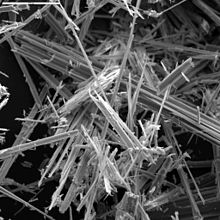- A wave is a disturbance in a medium that carries energy.
- Two points are in phase if they have the same motion at all times
- Two points are completely out of phase if their motions are always opposite
- Superwaves are created when two identical waves move toward each other
Path Length and Path difference
- Path length: the distance from a point to the source of a wave
- Path difference(Δ): the difference between the path lengths of two different waves
- If two point sources vibrate in phase with each other, they would be in-phase at points where Δ is a whole number multiple of λ
Waves at Boundaries
- The frequency of a wave never changes
- Snell's law: n×sin(θ) is constant (n is the index of refraction)
- If a wave travels from a faster medium to a slower medium, the transmitted wave becomes inverted
Interference from two point-sources
- If a point P is very far away from the two sources, then Δ= d×sin(θ), where d is the separation between the sources, and θ is the angle between the perpendicular bisector of the sources and the line joining P and the midpoint of the two sources
Young's double slit experiment:
- Problem: to have two point sources of light that are coherent
- The first slit acted as a point source of light
- The double slit acted as two point sources of light
- On the screen, the bright fringes are where the antinodal lines are
- The dark fringes are where the nodal lines are
- Use the theory of "waves at boundaries" and path difference to do these problems
- n1×λ1=n2×λ2

 Asbestos
Asbestos

